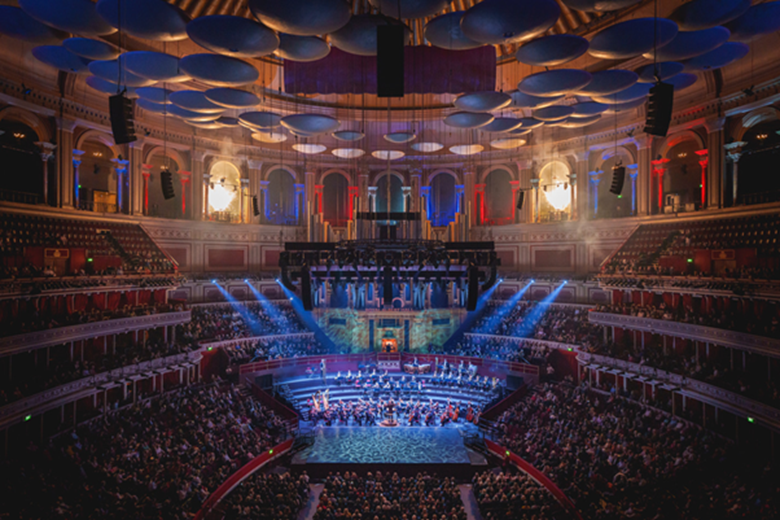RPO report reveals increased engagement with classical music
Florence Lockheart
Monday, April 25, 2022
As well as showing an interest in orchestral music across all the UK regions for the first time, the report also reveals the importance of education in promoting inclusion in classical music.


Register now to continue reading
Don’t miss out on our dedicated coverage of the classical music world. Register today to enjoy the following benefits:
- Unlimited access to news pages
- Free weekly email newsletter
- Free access to two subscriber-only articles per month


